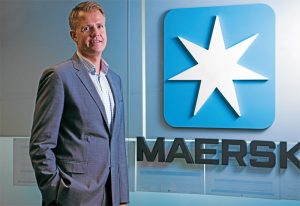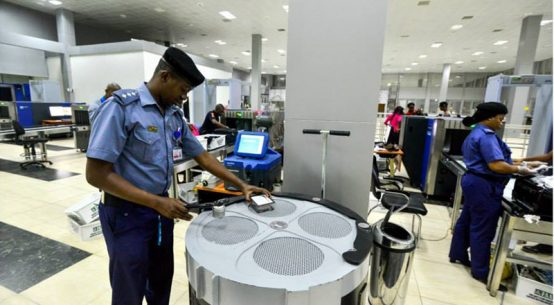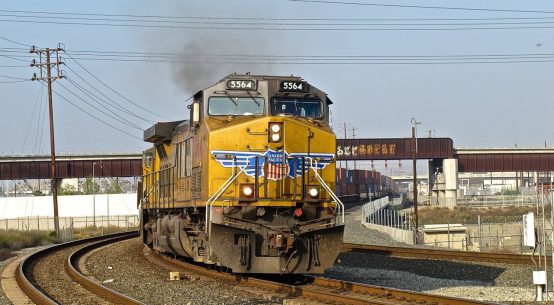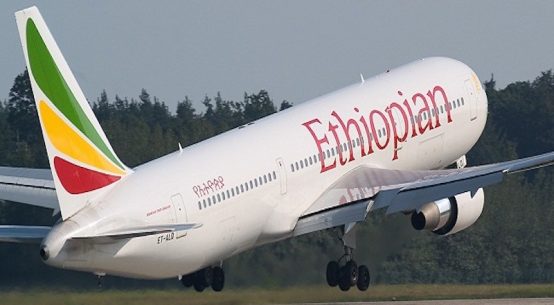
It’s time to pull together
Maersk Chief Operating Officer Soren Toft said that as growth in the shipping industry slows, merger and acquisition activity may begin to pick up again, according to a report from the Straits Times.
The trend of mergers and consolidations in the maritime shipping industry in recent years could and maybe should continue, a Maersk Line executive has said.
During a recent media briefing, Maersk Chief Operating Officer Soren Toft said that as growth in the shipping industry slows, merger and acquisition activity may begin to pick up again, according to a report from Singapore news outlet the Straits Times.
“We expect that within – I cannot give a timeframe on it – that you will see maybe a handful of shipping companies, a little bit similar to what you see in the courier express and parcel industry, where there’re really, you know, three global companies,” Toft was quoted as saying.

He also said, according to the report, that the changing market calls for a new business approach, one where companies move past competing on costs or on vessel size, and focus instead on value-added services, like improving in-port turnaround times.
Consolidation in the container shipping industry reached a fever pitch in the past two years, with several major global carriers being gobbled up by competitors and South Korea’s Hanjin Shipping declaring bankruptcy in August 2016. Not one to be left out of the fun, Maersk was one of the
companies grabbing a larger share of the pie.
FOLLOW US ON FACEBOOK FOR MORE LOGISTICS NEWS
In 2017 alone, Denmark-based Maersk, the world’s largest ocean carrier, said in April that it would pay 3.7 billion euros (U.S. $4 billion) for north-south specialist Hamburg Süd. In July, China’s COSCO Shipping, which already merged with fellow state-run carrier China Shipping (CSCL) only a year prior, made a $6.3 billion offer for the parent company of OOCL of Hong Kong. And in May, another Germany’s Hapag-Lloyd finalized a merger with United Arab Shipping Co. (UASC), a Kuwait-based carrier owned by a conglomerate of wealthy Middle Eastern states.








